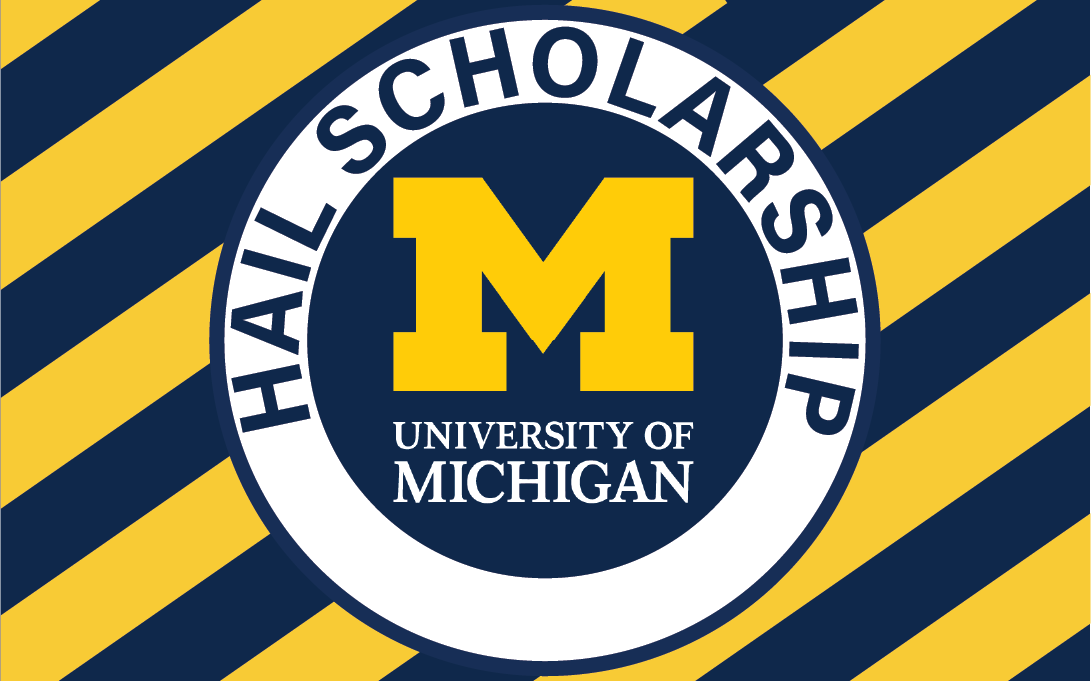Closing the Gap: The Effect of a Targeted, Tuition-Free Promise on College Choices of High Achieving, Low-Income Students
Low-income students, even those with strong academic credentials, are unlikely to attend a highly selective college. With a field experiment, we test an intervention to increase enrollment of low-income students at the highly selective University of Michigan. We contact students (as well as their parents and principals) with an encouragement to apply and a promise of four years of free tuition and fees upon admission. Materials emphasize that this offer is not contingent on completing aid applications (e.g., the FAFSA or PROFILE). Treated students were more than twice as likely to apply to (67 percent vs. 26 percent) and enroll at (27 percent vs. 12 percent) the University of Michigan. There was no diversion from schools as (or more) selective as UM. The enrollment effect of 15 percentage points (pp) comprises students who would otherwise attend a less selective, four-year college (7 pp), a community college (4 pp), or no college (4 pp). Effects persist through two years of follow-up. The intervention closed by half the income gaps in college choice among Michigan's high-achieving students. We conclude that an encouragement to apply, paired with a promise of aid, when communicated to students and influential adults, can substantially close income gaps in college choices.

We are grateful to the University of Michigan for their collaboration in this project and to the Michigan Department of Education (MDE) and Center for Educational Performance and Information (CEPI) for providing data. Seminar participants at Boston University, Clemson, Cornell, Harvard, Northwestern, University of Illinois, University of Virginia, and Syracuse provided helpful comments, while Michael Lovenheim and Sarah Turner read initial drafts and provided detailed suggestions. The Institute of Education Sciences, U.S. Department of Education (through Grants R305E100008 and R305B110001) and the Arnold Foundation funded this research. Meghan Oster provided outstanding research assistance. We use data structured and maintained by the Michigan Consortium for Educational Research (MCER). MCER data is modified for analysis purposes using rules governed by MCER and are not identical to those data collected and maintained by MDE and/or CEPI. Results, information and opinions solely represent the analysis, information and opinions of the authors and are not endorsed by, or reflect the views or positions of, grantors, the National Bureau of Economic Research, MDE and CEPI or any employee thereof. EPI Working Papers are circulated for discussion and comment purposes and have not been peer-reviewed or been subject to the review by EPI co-Directors. Any opinions, findings, conclusions, or recommendations expressed are those of the author(s) and do not necessarily reflect the view of the Education Policy Initiative or any sponsoring agency.
